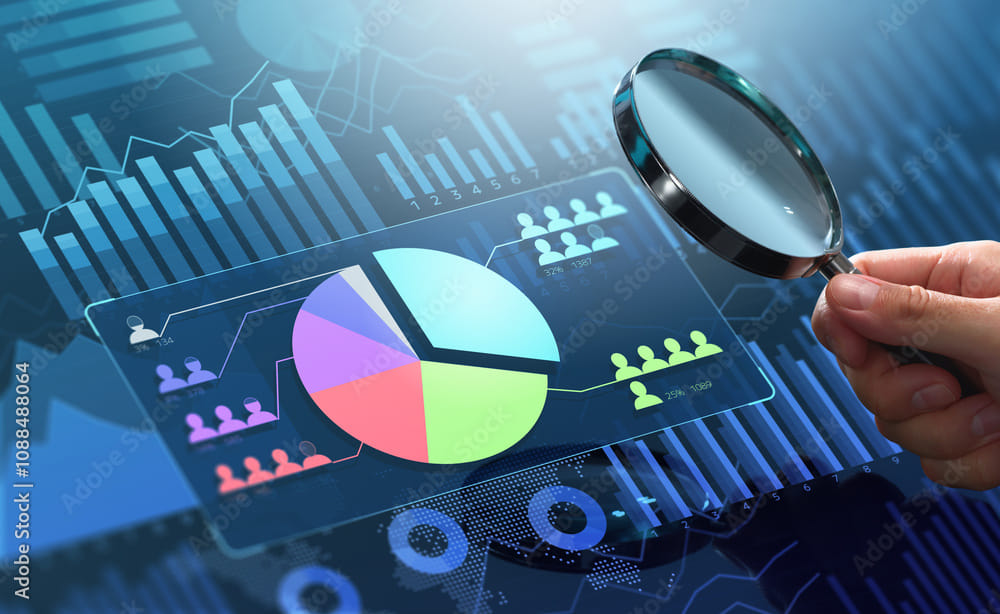· 3 min read
AI in the data ecosystem
A data system framework to enable AI

Integrating Data from a Personal Learning Network
Imagine an open ecosystem where learners sit at the center of their own Personal Learning Networks (PLNs), rather than confined within traditional, closed learning environments. A PLN incorporates diverse resources, tools, communities, and experiences—both formal and informal. In this ecosystem, AI functions as an intelligent integrator, weaving together different elements into a cohesive, personalized learning experience.
Data Sources: Expanding Beyond Traditional Classrooms
Learners today engage in educational experiences that extend far beyond traditional courses or platforms. Their learning data is collected centrally in a Learning Record Store (LRS) from various sources:
Formal Learning Platforms: Systems like Learning Management Systems (LMS), online courses, and virtual classrooms provide structured data such as assessment results, activity logs, progress tracking, and engagement indicators.
Informal Learning Activities: Learners participate in online forums, watch educational videos, or attend webinars. Plugins and APIs capture data from these interactions, tracking engagement and learning outcomes.
Real-World Experiences: Project-based activities, internships, or volunteer experiences can also be integrated. Reflections, artifacts, and performance reviews from these experiences enrich the learner’s profile, reflecting their practical skills and knowledge.
Personal Learning Tools: Apps for language learning, coding practice, or skill development are integrated into the PLN, feeding real-time data directly into the LRS.
Social Learning Interactions: Engagement within online communities, study groups, or mentorship programs provides valuable insights into collaborative skills and learning processes, captured and stored in the LRS.
The Learning Record Store (LRS): Centralizing a Decentralized Network
The LRS, leveraging open standards such as xAPI, serves as a centralized repository for aggregating and standardizing data from diverse sources. It provides a secure and portable record of a learner’s educational journey, far surpassing traditional academic transcripts in detail and nuance.
The Role of AI: Making Connections and Personalizing Learning
AI plays a vital role in analyzing data across the learner’s entire PLN, uncovering connections and patterns often unnoticed by learners or instructors:
Cross-Platform Insights: AI might detect strengths in practical, hands-on tasks within informal learning environments, yet identify struggles with theoretical content in formal courses. This can prompt personalized recommendations to bridge these gaps.
Skill Mapping Across Contexts: AI recognizes skills demonstrated in various contexts, such as volunteer work or informal projects, acknowledging their equal importance alongside formal academic achievements.
Dynamic Network Recommendations: AI continually suggests new resources, communities, or mentors aligned with the learner’s evolving interests and goals, enhancing the PLN’s relevance and effectiveness.
Learner Agency and Control
Importantly, learners maintain control over their PLN and associated data. They choose what sources to connect, which data to share, and how their information is utilized. This level of agency empowers learners to actively shape their educational pathways according to personal goals and preferences.
Benefits of an Open Ecosystem
Adopting a PLN-centered approach powered by AI and open standards provides significant advantages:
Holistic View of the Learner: Offers a comprehensive understanding of the learner, encompassing diverse skills, interests, and experiences.
Support for Lifelong Learning: Extends learning beyond formal education, fostering continuous personal and professional development.
Enhanced Learner Agency: Encourages active ownership of learning, enabling personalized and meaningful educational journeys.
Flexibility and Adaptability: Supports an adaptable learning experience, capable of evolving alongside the learner’s needs and changing knowledge landscapes.
By embracing Personal Learning Networks, open standards, and AI, we can foster a truly learner-centered ecosystem that supports ongoing learning throughout life.



